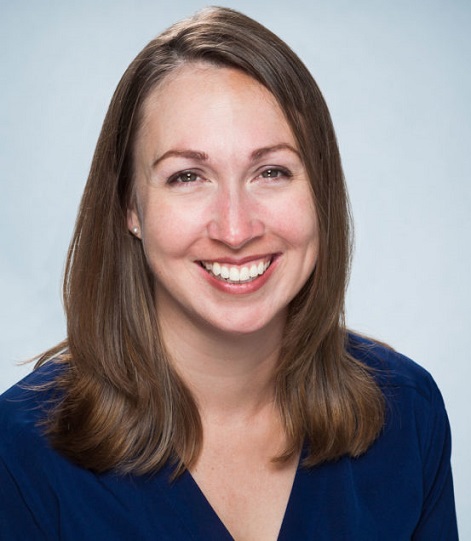
Cara E. Stepp, Ph.D.
Boston University, USA
Cara E. Stepp is the director of the STEPP LAB for Sensorimotor Rehabilitation Engineering at Boston University and has been recognized as a past NSF CAREER Award and PECASE recipient and a past Peter Paul Career Development Professor with multiple active federal grants supporting her research. She specializes in voice and speech disorders, integrating speech science, computer science, and engineering to improve diagnosis and rehabilitation of communication-based challenges. Her research uses engineering tools to rehabilitate disordered sensorimotor function of voice and speech.
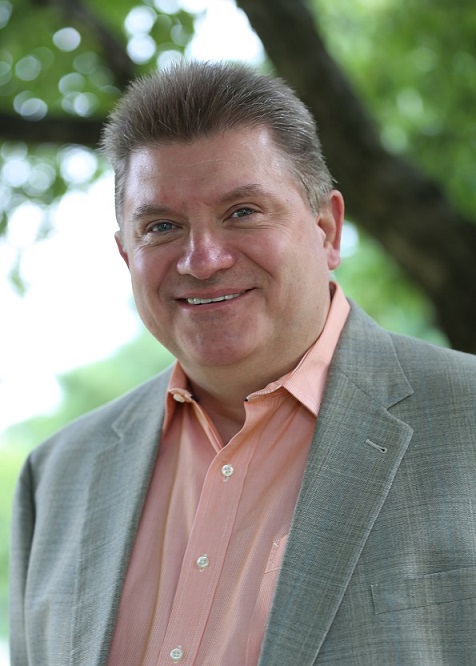
Dimitar Deliyski, Ph.D.
Michigan State University, USA
Dimitar Deliyski is Professor at Michigan State University. He holds the title of MSU Foundation Professor and serves as Chair of the Department of Communicative Sciences and Disorders. Since the mid-1980s, he is fascinated with applying his computer-engineering and signal-processing background in discovering the mysteries of voice production and helping people with voice disorders. His research focuses on studying the vocal fold vibratory abnormalities causing dysphonia through developing quantitative methods based on high-speed videoendoscopy and other instrumental techniques. In the 1990s, he served as the Chief Scientist of Kay Elemetrics Corp (now Pentax Medical), where he played major role in the creation of voice and speech instrumentation for acoustic analysis and laryngeal imaging, widely used to date in clinical voice assessment. Dr. Deliyski is the recipient of the 2010 Manuel Garcia Prize and the 2017 Quintana Research Award.
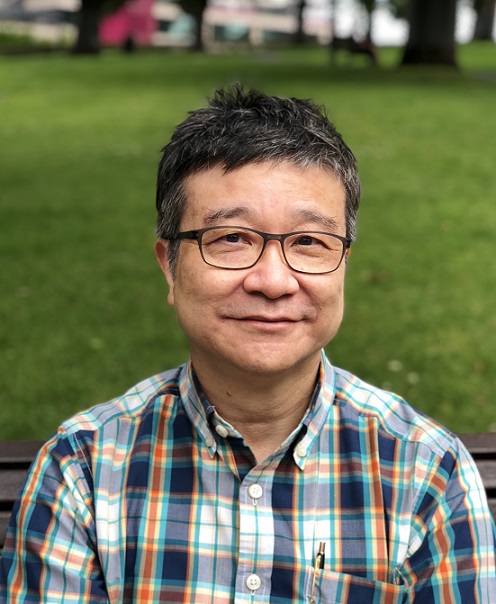
Edwin Yiu, Ph.D.
The University of Hong Kong
Dr Yiu is Professor of Speech Pathology at The University of Hong Kong. His research interest is in the area of voice science and disorders. He obtained his speech pathology qualification in Melbourne, Australia, and his PhD from the University of Queensland, Australia. After working in two Australian Universities he returned to Hong Kong and has worked at The University of Hong Kong since 1996, contributing to the development of the academic program in Hong Kong. His most recent research includes the use of acupuncture and whole-body vibration in treating voice disorders.

Jan G. Švec, Ph.D.
Palacký University, Czech Republic
Jan G. Svec, Ph.D. is a Czech physicist performing basic research in production of human voice. He has worked as a research scientist at the Center for Communication Disorders, Medical Healthcom, Ltd. in Prague, the Czech Republic, at the National Center for Voice and Speech in Denver, CO, USA and at the University of Groningen in the Netherlands. Currently he is at the Palacky University Olomouc, the Czech Republic and serves also as an associate research scientist at Voice and Hearing Center Prague, the Czech Republic. He designed videokymography, a method for high-speed visualization of vocal-fold vibrations, which is being used for advanced diagnosis of voice disorders. His research interests include acoustics, biomechanics, voice measurement methodology, singing voice. He collaborates with numerous research teams around the world and lectures world-wide. From 2004 to 2011 he served as the chairman of the Voice Committee of the International Association of Logopedics and Phoniatrics (IALP).
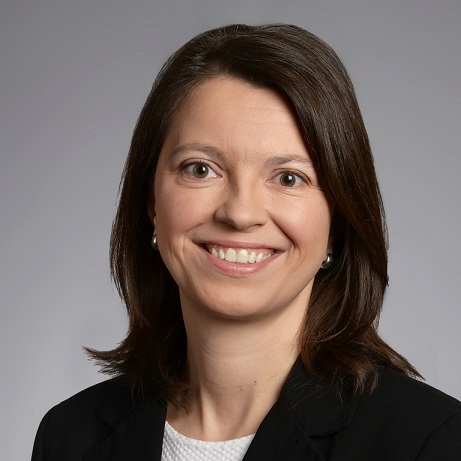
Maria Dietrich, Ph.D.
Universitätsklinikum Bonn, Germany
Dr. Maria Dietrich is the Research Group Leader of the Vocal Control and Vocal Well-Being (VoCoWell) Lab at University Hospital Bonn in Germany. She is a speech-language pathologist (CCC-SLP). Her previous studies focused on how individuals differ in their vocal control and vocal behavior as a function of stressor exposure and personality and the resulting implications for risk for voice disorders such as muscle tension dysphonia. Embedded in this focus, she also studied the classification of extralaryngeal muscular patterns to better understand vocal fatigue.
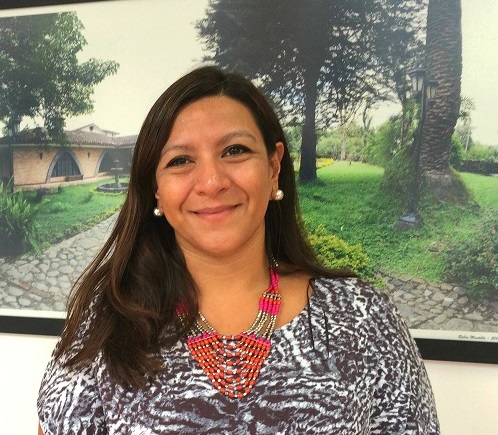
Maria Eugenia Dajer, Ph.D.
Federal University of Technology, Brazil
Maria Eugenia Dajer is and adjunct profesor at Federal University of Technology of Parana, Brazil. She is bachelor's at Fonoaudiología from Universidad Nacional de Córdoba (1994), master's at Mestrado em Bioengenharia from Interunidades em Bioengenharia EESC/IQSC/FMRP (2006) and doctorate at Doutorado em Engenharia Elétrica from Escola de Engenharia de São Carlos -USP (2010). She has experience in Speech Therapy, focusing on Speech Therapy, acting on the following subjects: voz, análise de voz, análise não linear, nonlinear analysis and disfonias.




